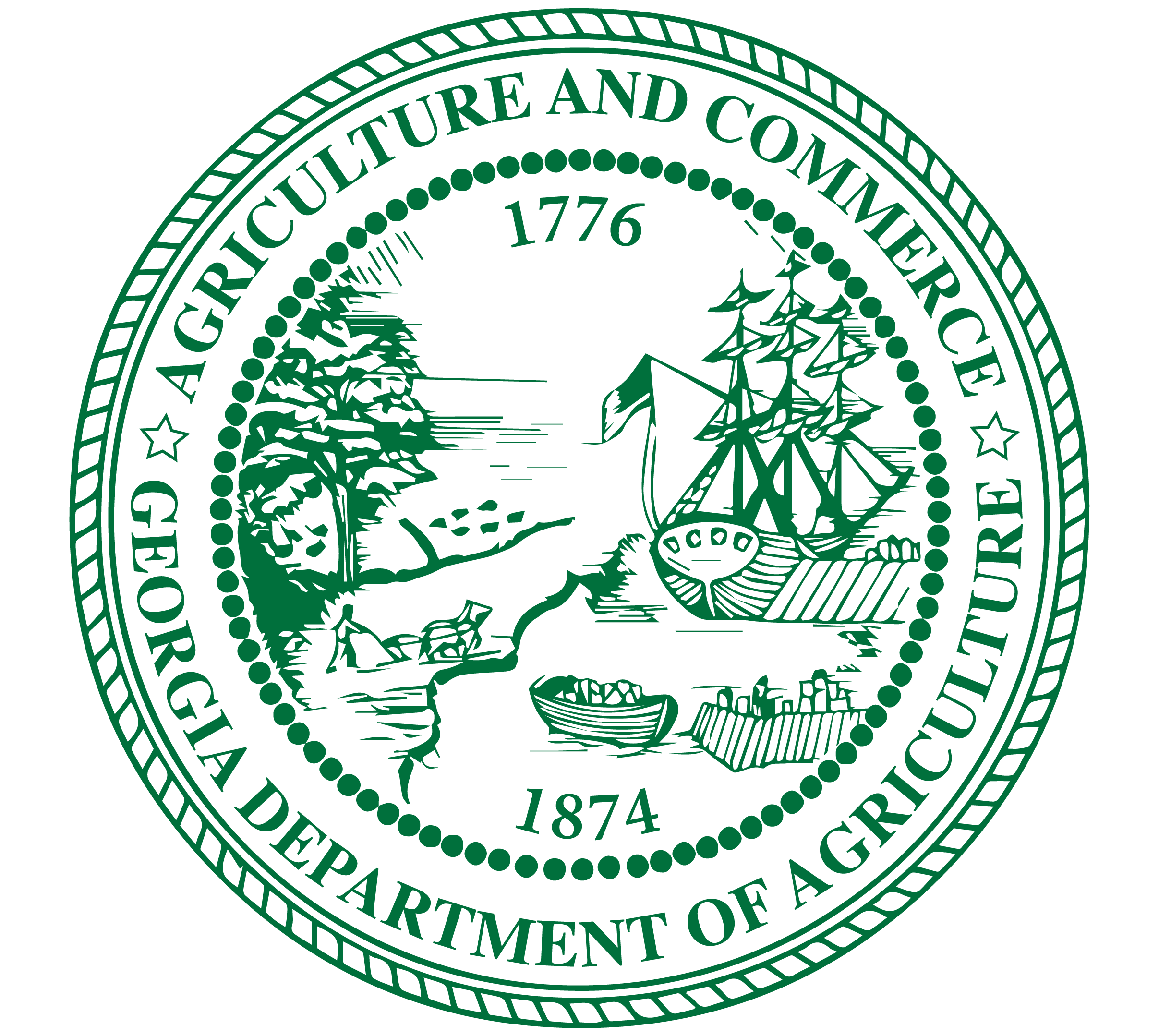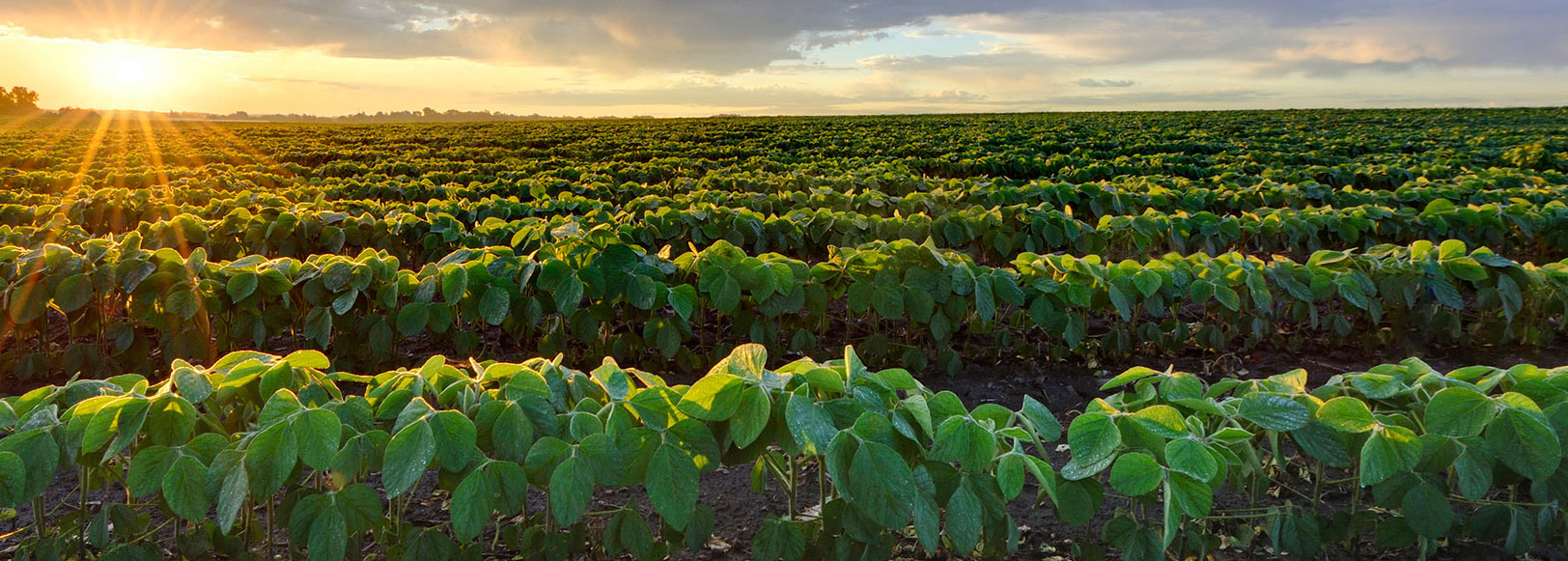The Georgia Department of Agriculture (GDA) Produce Safety Program will conduct routine produce inspections every three years. These required inspections should not be confused with yearly third-party audits. In some instances, it may be necessary to conduct follow-up or for-cause inspections to verify corrective actions that have been implemented. Inspections are an integral part of the GDA’s commitment to produce safety. We also seek to provide education, outreach, and technical assistance to farmers and producers around the state.
This page provides the farm owner and/or produce safety manager with an overview of the steps that state or federal inspectors may take during a routine Food Safety Modernization Act (FSMA) Produce Safety Rule (PSR) inspection and should address any questions you may have. If you have any additional questions after reading this information, please contact the Produce Safety Program Manager Susan Alexander at 229-726-8617.
Scheduling the Inspection
Typically, the GDA inspector will contact the farm owner or produce safety manager to schedule an inspection. The designated owner or manager will serve as the main point of contact and should work with inspectors to schedule and complete the inspection.
Pre-Inspection Call
During a pre-inspection call, the inspector will ask questions to make a preliminary determination about whether the FSMA Final Rule on Produce Safety applies to your farm. They will formally introduce themselves and explain the reason for contact – to schedule a routine Produce Safety Rule inspection and provide high-level overview of the goals and purpose of the routine PSR on-farm inspections.
Use the FDA Decision Tree to assist in this discussion.
During the call, the inspector will discuss:
- Whether the farm grows covered produce (produce regulated by the rule);
- If the farm conducts covered activities (growing, harvesting, packing, or holding);
- Farm size (produce sales and/or food sales) to determine if the farm is not subject to the rule or meets the requirements for a qualified exemption;
- If the farm is growing produce that FDA has identified as priority produce commodities, the inspector will focus on planning the inspection around which types of priority produce are being grown and if the farm grows one or more;
- Determine if farms have more than one growing season;
- Whether the farm meets the requirements for the processing exemption.
If the farm is determined to be exempt or qualified exempt, the inspector may perform an onsite exemption verification to review records that support this status. Please see records required by the FSMA Produce Safety Rule here Records Required by the FSMA Produce Safety Rule (cornell.edu)
Inspections
Announced
If the produce grown on the farm is covered by the rule, the inspector will schedule an inspection date that works for both the inspector and the person in charge. In most cases the inspection will be scheduled within five (5) business days of contact with the person in charge. If the person in charge is not the produce safety/quality expert, the inspector may suggest that expert also be present for the inspection. Plan to have a representative from the farm knowledgeable in the growing, harvesting, packing, and holding activities, preferably the person responsible for produce safety, escorting the inspection team around your farm. The inspector will explain the general flow of the inspection, what the inspection will cover, and records that may be reviewed.
The inspector will ask if your farm has any biosecurity practices, hazards, safety protocols, and other requirements that inspectors need to be aware of and adhere to prior to visiting.
Unannounced
Most inspections will be announced; however, there are circumstances where unannounced inspections may be necessary. Examples of situations that may warrant an unannounced inspection include:
- The farm is unresponsive (i.e., no contact within five (5) business days despite reasonable attempts) or unwilling to schedule an inspection. An unable to contact letter may be sent via email or mailed;
- The farm has a history of produce safety issues that have not been adequately corrected;
- A follow-up inspection is required, and an unannounced visit is deemed the best approach to assess necessary changes; or
- The inspection is prompted by a complaint, recall, or foodborne illness outbreak investigation.
If an inspector is unable to gain onsite access to the farm's operation, the inspection will be considered a refusal. A letter of refusal may be sent via email or mail.
Day of the Inspection
When an inspector arrives on your farm, the inspector will ask to speak to the owner or person in charge. The inspectors will introduce themselves (name, title, agency), the reason for their visit and are required to provide identification. Contingent upon State regulations or if FDA conducts the inspection, the inspector may also issue a written “Notice of Inspection” or similar form to you. It is preferred that the owner, person in charge, or produce safety manager is onsite for the inspection. A person knowledgeable in growing, harvesting, packing, and holding activities, preferably the person responsible for produce safety, should plan to accompany the inspectors during the inspection.
Initial Interview
The inspector will provide you with a brief description of the reason for and scope of the inspection and activities to be conducted during the inspection. The amount of time an inspection will take depends on the type of inspection, farm activities, size of the farm, and what is observed during the inspection. The inspector will ask you about the activities performed the day(s) of the inspection, such as whether the farm is planting, harvesting, packing, or holding and about the farm’s organization.
Farm Walk-Through
During the inspection, the inspector will observe farm operations, and work with the owner to coordinate inspection activities with farm operations. It is helpful for the person in charge or produce safety manager to accompany the inspector during the inspection. An inspector may ask questions about farming practices and operations that they are not able to observe during the inspection. Inspectors will take notes, and may take pictures, collect samples, review and copy records, such as training and biological soil amendment records.
Throughout the inspection, the inspector will explain what is being looked at and why. If there are any regulatory concerns, the inspector will discuss them with the person in charge and explain the reason(s) for each regulatory concern and the public health significance.
Exit Interview
It is preferred that the farm owner or manager is available during the exit interview. The inspector will go over any regulatory concerns and findings and provide the person in charge with information on resources and technical assistance.
If the person in charge can make corrections during the inspection, the inspector will document the corrections that are implemented. If the deficiency cannot be corrected during the inspection, the inspector will work with the owner or manager to determine a reasonable timeframe to implement preventive measures and corrective actions.
During the exit interview, the inspector will also identify preventive produce safety practices and conditions on your farm that align with the requirements of the PSR. The inspector will also answer any questions regarding the inspection. He or she will also provide the owner or manager with an inspection sheet with agency contact information that will document the inspection.
Should you need additional resources, please visit our website: Produce Safety | Georgia Department of Agriculture
This program is supported by the Food and Drug Administration (FDA) of the U.S. Department of Health and Human Services (HHS) as part of a financial assistance award U2FFD007413 totaling $3,960,129 with 100 percent funded by FDA/HHS. The contents are those of the author(s) and do not necessarily represent the official views of, nor an endorsement, by FDA/HHS, or the U.S. Government.


